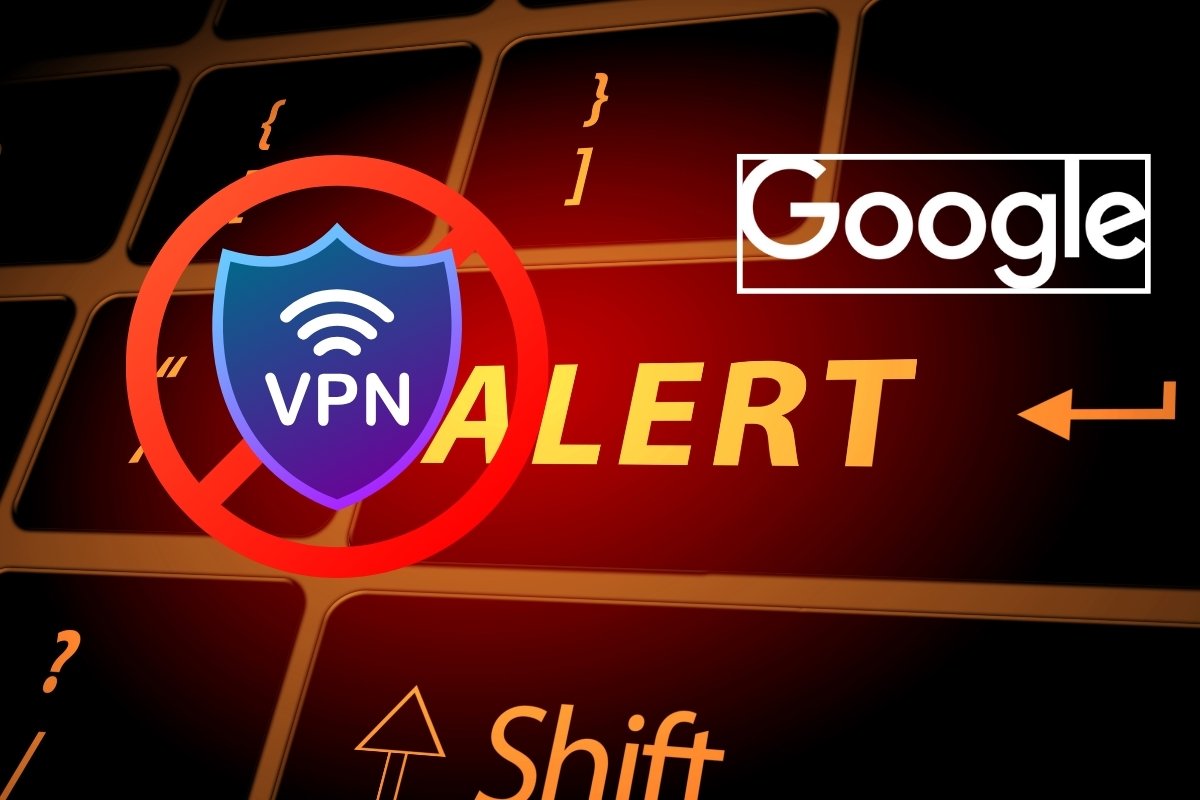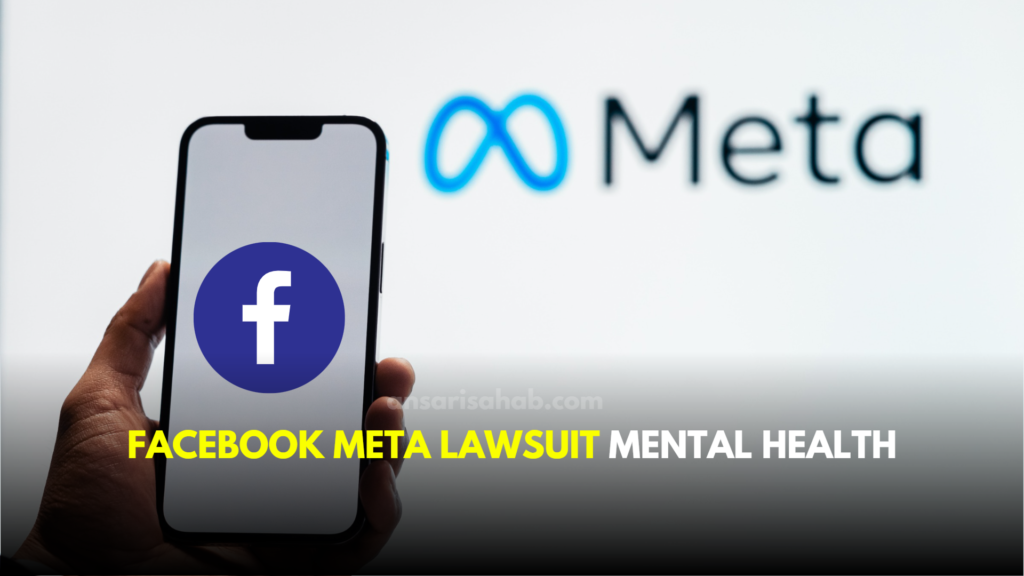Mountain View / Worldwide, 12 November 2025 — Google LLC has issued a sweeping security advisory warning that malicious VPN applications are being distributed across mobile and desktop platforms, disguised as legitimate privacy tools, and are potentially harvesting sensitive user data. The “Google VPN Warning” reflects a major escalation in cyber-threats around privacy-focused software, according to the company.
Growing Threat From Fake VPNs
In its November 6 2025 fraud and scams advisory, Google’s Trust & Safety team stated that threat actors are increasingly using counterfeit VPN services and browser extensions to trick users into installing spyware, info-stealers and banking trojans. These malicious apps impersonate trusted VPN brands, offer “free” or “unlimited” service, then request excessive permissions and siphon off browsing history, credentials, crypto-wallet data and private messages.
Experts say this marks a shift: with VPN usage rising globally, bad actors see an opportunity to exploit the demand for online anonymity and security. “Threat actors distribute malicious applications disguised as legitimate VPN services across a wide range of platforms to compromise user security and privacy,” Google’s advisory states.
What Users Should Know and Do
Google emphasises several warning signs:
- Download VPN software only from official app stores and verified developers.
- Be sceptical of free or very low-cost VPNs with weak reviews or obscure developer info.
- Scrutinise the permissions: a genuine VPN should not demand full access to contacts, recordings or messages.
- Enable two-factor authentication, keep software updated and monitor accounts for anomalous activity.
Security analysts also point to specific observed behaviours: an app may sit quietly, then begin uploading data once it senses you are connected to bank or crypto sites. FreeVPN.One, for example, was found to be secretly taking screenshots of visited websites in the Chrome browser—even though it claimed to be a “free unlimited VPN”.
Wider Implications for Privacy & Cybersecurity
The implications of this Google VPN Warning extend beyond personal privacy: businesses and networks using illicit VPNs risk credential theft, data-exfiltration and infiltration of remote access tools. Malicious VPNs can act as a gateway into internal systems, making them a serious vector for corporate cyber-attacks.
Regulators and platform-providers are also under pressure. Google’s blog indicates that the misuse of VPNs is part of a broader “fraud and scams” trend where artificial intelligence and app impersonation are playing a greater role in scaling malicious campaigns.
For users, this means that a VPN is no longer automatically a safe option. The very tool meant to protect could become the vector of attack if it’s in bad hands. The “trust model” around VPN providers is under scrutiny—and the Google VPN Warning is a wake-up call.
What to Do Right Now
- Audit your installed VPN: Check if it’s from a reputable vendor, check reviews and ensure it’s updated.
- Uninstall dubious services: If a VPN app asks for access to messages, contacts or files, remove it immediately.
- Switch to audited providers: Consider providers that publish independent security audits, have strong no-log policies and transparent permission sets.
- Stay alert: Avoid sideloading VPNs from unverified sources or clicking on ads promising “free/unlimited VPNs” without scrutiny.
Why It Matters
With increasing regulation on online privacy, more users than ever are turning to VPNs. At the same time, cyber-criminals are evolving their approach. The latest Google VPN Warning shows how pressure points like “free VPNs” are exploited. For everyday users, that means the basic assumption that “using a VPN means you’re safe” is no longer true.
Digital trust is hard to rebuild once broken. By raising the alarm, Google is signalling that vigilance is essential — not just for tech-savvy users, but for everyone seeking privacy online.









